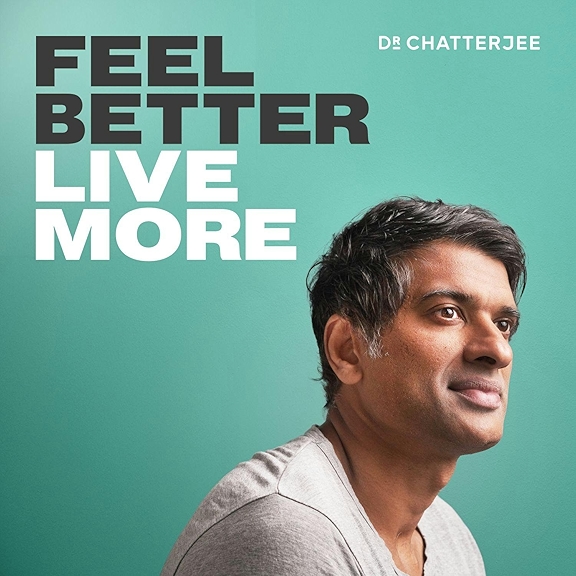
Human beings, like many mammals, are social creatures. And our evolutionary history has shaped us to thrive in communities and rely on social connections for survival and well-being.
This social nature has profound implications for our physical and mental health, including the healing process.
Positive social interactions trigger the release of hormones that reduce stress and promote a sense of well-being. In healing, a supportive social network can help alleviate stress, which is crucial for the recovery of the nervous system. Stress reduction supports the body's natural healing processes.
Social connections provide emotional support, companionship, and a sense of belonging. When it comes to chronic pain, emotional well-being is intimately connected to physical health. And having a network of caring individuals significantly impacts one's ability to cope with challenges, reduce anxiety, and contribute to a positive outlook, all of which are necessary for healing.
Mirror neurons in the brain allow humans to empathize and emotionally connect with others. Being around people who express positive emotions can trigger similar responses in our own brains, leading to a more positive emotional state. Emotional contagion, the phenomenon where one person's emotions and related behaviors can affect another person, plays a role in regulating emotional states through social interactions.
The autonomic nervous system, which controls bodily functions like heart rate and digestion, can be influenced by social interactions. For instance, feeling safe and supported in social settings can activate the parasympathetic nervous system, responsible for the body's rest and relaxation response. This helps in reducing stress and promoting overall well-being.
Social interactions, learning from others, and engaging in stimulating conversations can promote brain plasticity which is the brain's ability to reorganize itself and form new neural connections. Positive social experiences can stimulate the release of neurotrophic factors, supporting the growth and maintenance of neurons to support new thoughts, emotions, beliefs and behaviors to support healing.
Positive social relationships can motivate individuals to stay committed to the healing process. When someone is accountable to others, they may be more likely to follow through with what it takes to heal.
While the nervous system has its own inherent healing mechanisms, the presence of supportive, positive social relationships enhances these processes. Humans have evolved to depend on one another for physical and emotional well-being, and this interdependence continues to play a significant role in our healing and recovery processes today.
Yet we live in a culture that feeds off of alientation, isolation and rugged individualism.
Self-reliance and independence can hinder leaning on the social support necessary for healing chronic pain and chronic illness.
Being hesitant to seek help or admit vulnerability or perceiving asking for help as a sign of weakness can all prevent healing.
Social isolation and believing we should handle problems on our own can exacerbate feelings of loneliness, which can negatively impact mental and emotional well-being and perpetuate cycles of pain and illness.
Relying solely on individual strength might limit the coping strategies someone uses to manage chronic pain or illness.
Social support can provide diverse perspectives, strategies, and emotional outlets that an individual might not discover on their own.
While self-reliance and independence are important traits, they need to be balanced with the recognition that seeking and accepting help from others is a sign of strength, not weakness.
Social support can provide emotional comfort, practical assistance, and a sense of belonging, all of which are crucial for individuals dealing with chronic pain and chronic illness.




















